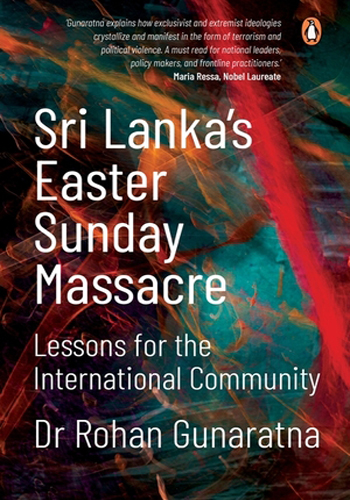Radical Islam is an enduring global challenge that presents a national and international security threat. Instigation by hate preachers, inadequate government, societal attention, religious and reciprocal radicalization have allowed this threat to manifest into terrorist violence. Extremist ideologies have infiltrated religious, educational, and digital spaces and thus, terrorism’s shadow continues to shroud the safety and stability of countries and communities worldwide today.

On 21 April 2019, the world’s most dangerous threat movement, the Islamic State, mounted one of its deadliest attacks in Sri Lanka. The surge of fear, suspicion, and prejudice following what is now known as ‘Sri Lanka’s Easter Sunday Massacre’ fragmented the country, imbuing hatred and anger against the Muslim community. Years later, the radicalization pipeline remains intact, and the threat persists. With the global expansion of the Islamic State and al-Qaeda, will the world witness attacks of a similar or greater scale in the future?
Equal parts treatise and reference material, Sri Lanka’s Easter Sunday Massacre: Lessons for the International Community answers this question by tracing the genesis, threat trajectory, and aftermath of the bombings and the personalities behind them. With unprecedented access to accounts from Islamic State detainees, affected families, intelligence specialists, and investigators, the book reflects on lessons learned and provides insight into how such attacks are organized and what measures can be taken to prevent or respond to these threats effectively.
CLICK HERE TO ORDER YOUR COPY
